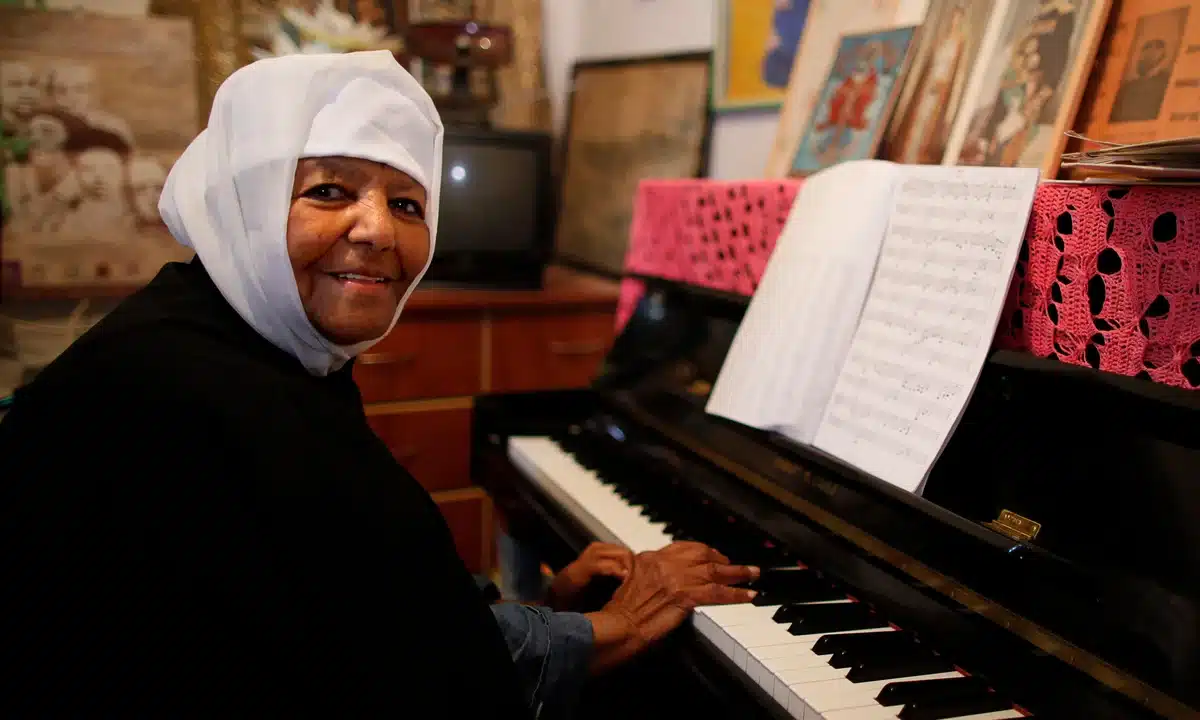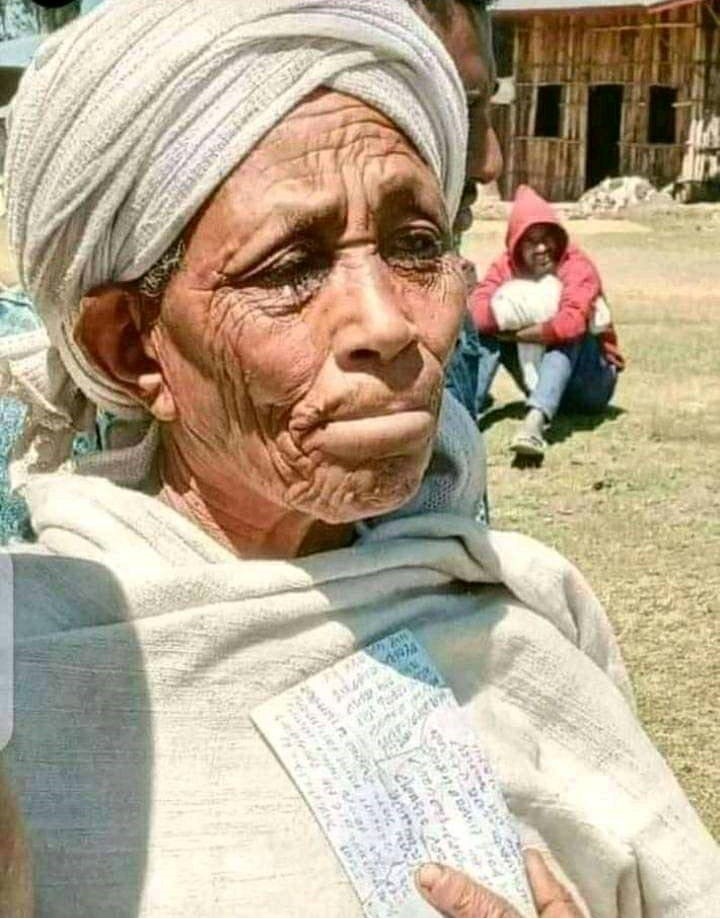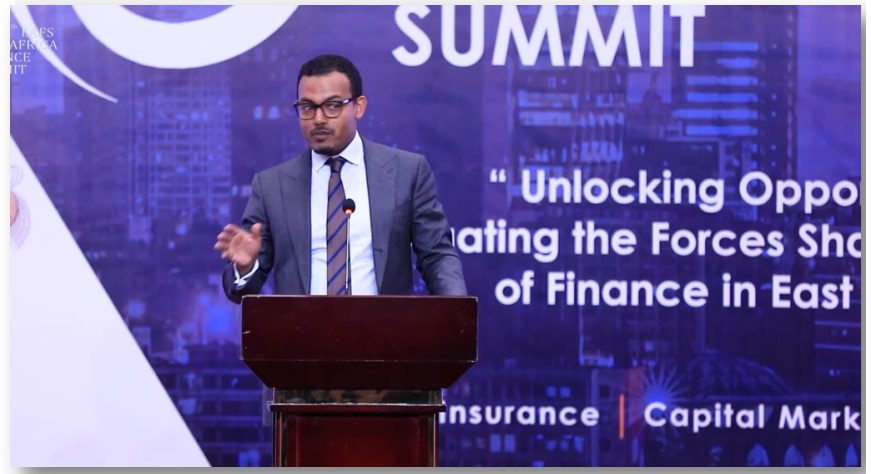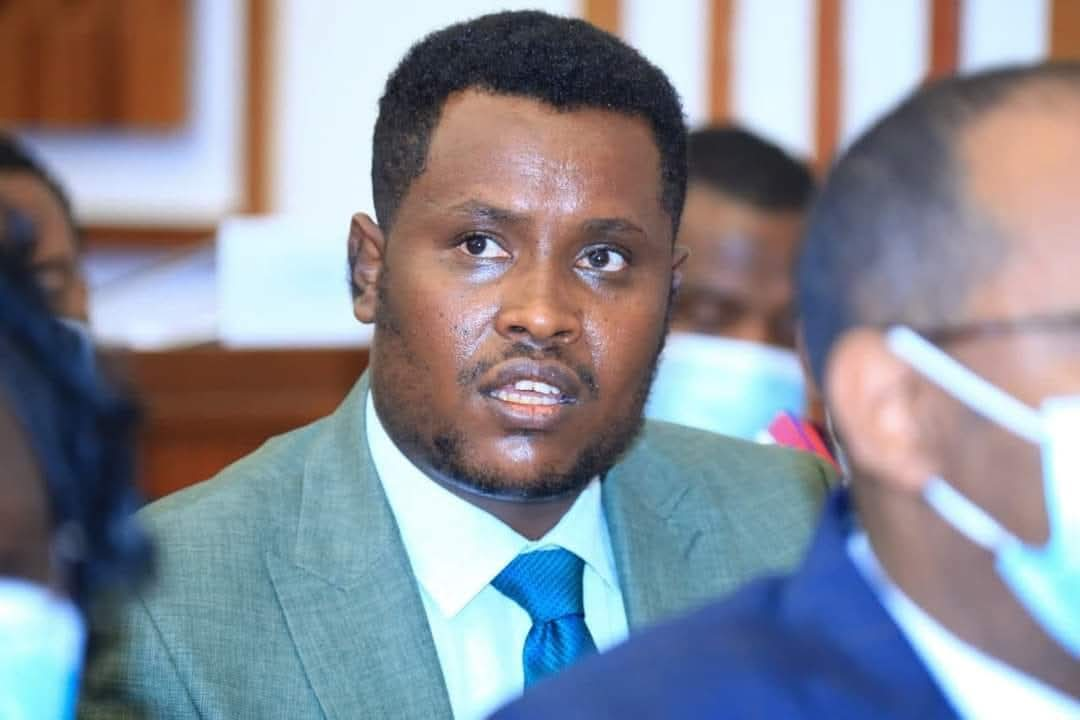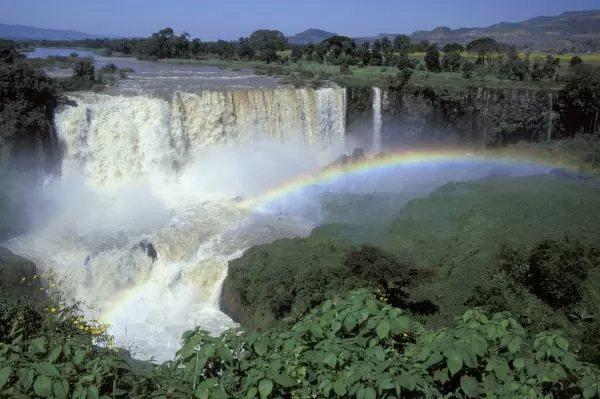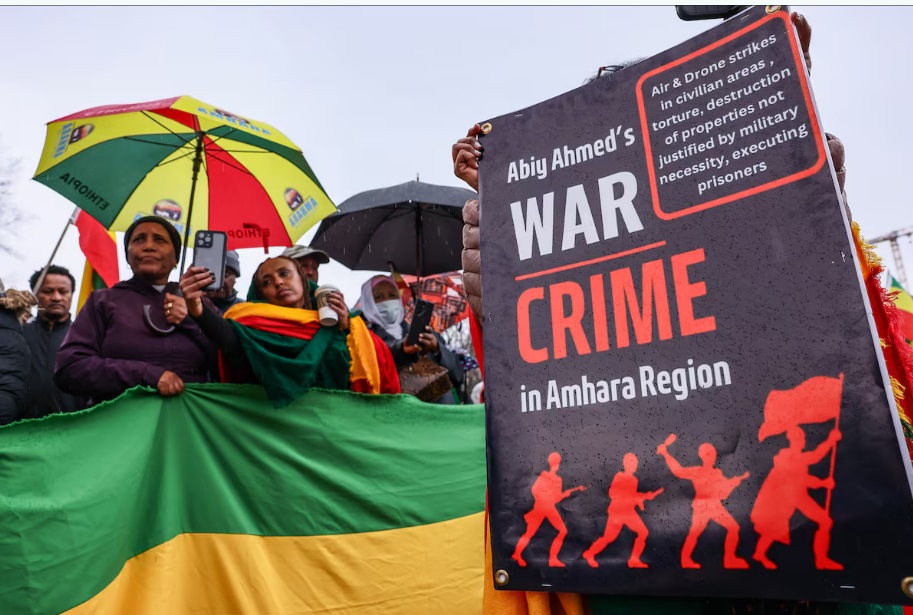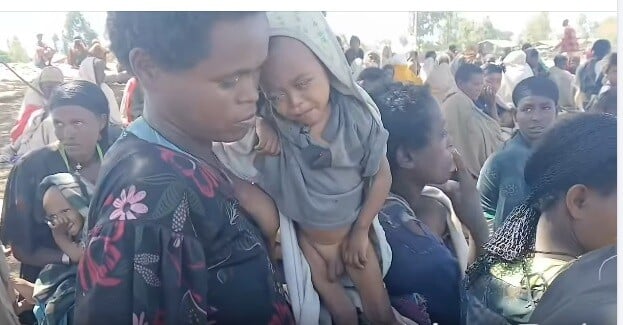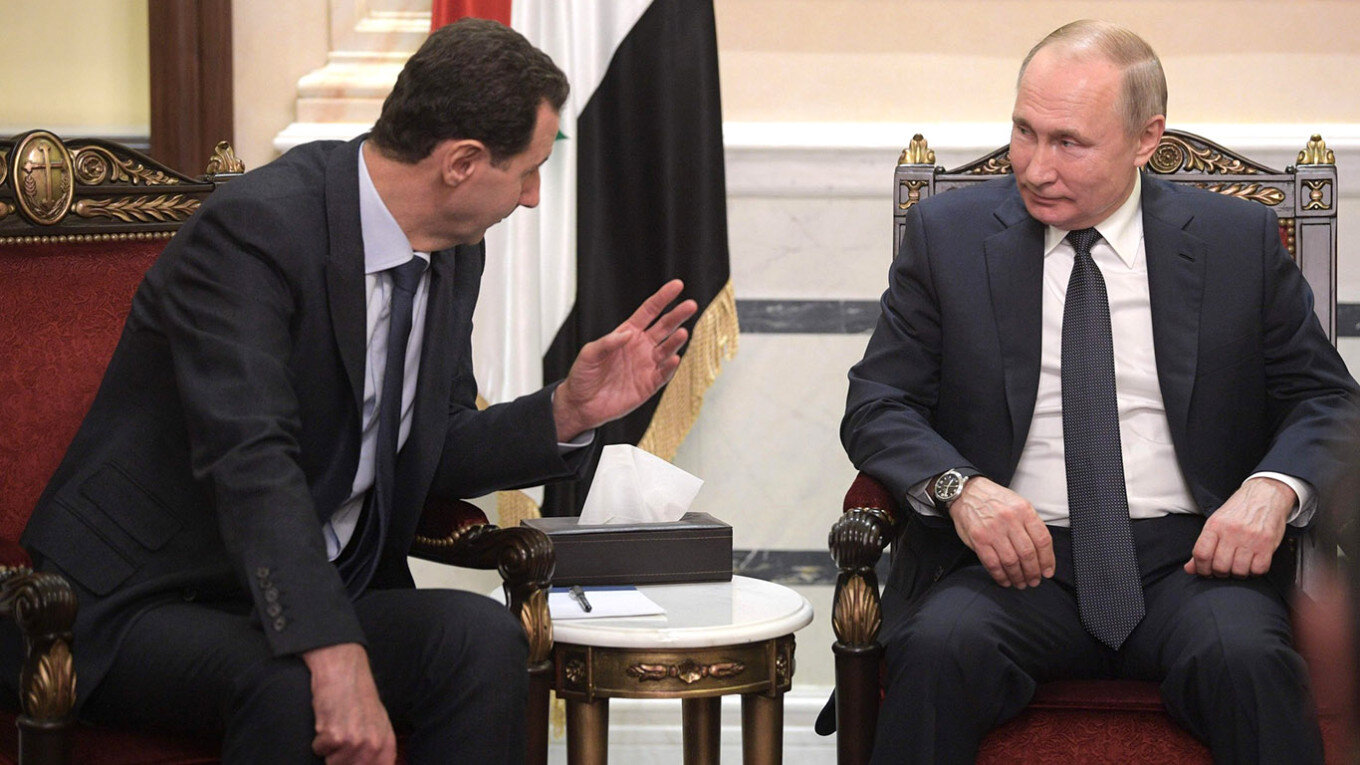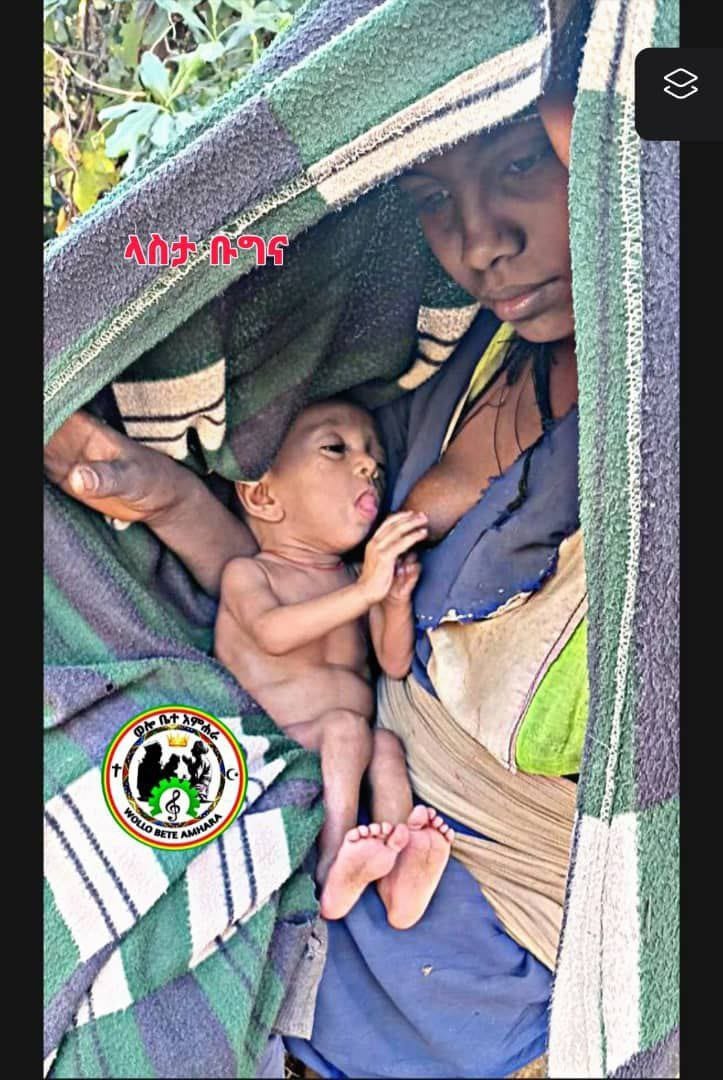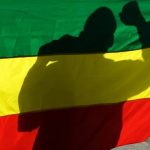 Meskerem Yeshi-Arega Kassa
Meskerem Yeshi-Arega Kassa
When the celebration of Nobel Week is emphasized in the Nordic countries, a stark and troubling contrast emerges in Ethiopia. Abiy Ahmed Ali, the 2019 Nobel Peace Prize laureate (1) , is currently waging an ethnically motivated, cruel two-year war against the civilian population of the Amhara region. Despite his “recognition for peace efforts” with neighboring Eritrea, Abiy’s ethno-fascist regime faces allegations of severe human rights violations and ethnic violence directed at the Amhara populace.
Reports from the Amhara Association of America (2) (AAA) reveal a disturbing pattern of targeted violence against the Amhara people. This unprecedented violence (3), marked by mass killings, forced displacement, and widespread destruction of schools, health facilities and other infrastructures, has been characterized by some as genocide(4). The deliberate silence from the global north leaders raises concerns regarding their selective focus and outrages on human rights crises.
Civilian fatalities:
Perpetrators: The majority of abuses were committed by state forces, predominantly by the so called Ethiopian National Defence Forces (ENDF), in conjunction with other state entities, such as the Oromo region special forces, and non-state armed groups, including the Oromo Liberation Front (OLF) and the Tigray People’s Liberation Front (TPLF).
Types of infractions:
Underreporting: AAA’s report underscores the considerable underreporting of these atrocities by the media.
Abiy’s regime is not only conducting warfare against unarmed civilians (5), through the use of drones (6) and heavy artillery supplied by the United Arab Emirates, Turkey (7) and other nations, but is also escalating tensions with neighboring Somalia. A recent memorandum of understanding with Somaliland (8), intended to secure access to the port in exchange for recognizing Somaliland’s independence, poses a risk of exacerbating conflict and destabilizing the already fragile security and peace situations in the horn of Africa. Consequently, Abiy’s ethno-fascist regime finds itself in a standoff with Eritrea, while Egypt has deployed troops to Somalia (9), thereby elevating the potential for a regional war.
Freedom of expression and press has gotten worse under Abiy’s regime
Furthermore, Ethiopian journalists have faced significant repression under Abiy Ahmed’s oromumma ethno-fascist regime (despite he promised in 2018, nobody shall be persecuted for their opinion (10) under his watch), resulting in numerous arrests (11) and forced exiles (12). Since 2019, more than 200 journalists have been detained (13), frequently charged with terrorism or hate speech. Many journalists have sought refuge abroad due to threats and harassment (14), with at least 54 having gone into exile since 2020.
Amhara journalists forced to flee since 2020
Courtesy: CPJ
Ethiopia’s Press Freedom Index ranking following Abiy’s ascension to power in 201915.
This decline signifies the growing constraints on media freedom, widespread arrests, and the adversarial atmosphere for journalists in Ethiopia – especially ethnic Amharas.
The Nobel Peace Prize, designed to recognize individuals who advance peace, now casts a pall as its laureates face allegations of fostering violence. This contradiction requires the pressing necessity for global awareness and intervention. The wilful inaction of the global north, the mainstream media, the UN, human rights advocates and the Nobel Peace Committee not only erode the foundational principles of the Nobel Prize but also prolongs the suffering of the Amhara people.
In the spirit of Nobel Week, it is crucial to acknowledge that true peace transcends the mere absence of conflict; it encompasses the presence of justice. The global community must not gloss over the atrocities perpetrated by Abiy Ahmed’s regime with impunity in Ethiopia. Rather, it should hold Abiy and his accomplices accountable and bolster initiatives aimed at fostering lasting peace and justice for all impacted communities.
Meskerem Yeshi-Arega Kassa
Sources
1. The Nobel Peace Prize 2019
2. Thousands of Amhara Civilians Killed as Global Powers Turn a Blind Eye or Back the Abiy Ahmed Regime’s Genocidal Campaign (amharaamerica.org)
3. Why Ethiopia’s Amhara militiamen are battling the army
4. Identity and Violence: Abiy Ahmed’s Amhara genocide denial
5. Ethiopia’s Amhara Crisis: Abiy’s Political Failures Threaten a Return to War
6. Ethiopia civil-war: How PM Abiy led fight-back against rebellion
7. How Foreign drone intervention and more turned tide for Abiy in Ethiopia.
8. Tensions rise in Horn of Africa as Ethiopia searches for a route to the sea
9. Ibid
10. From Nobel laureate to global pariah: How the world got Abiy Ahmed and Ethiopia so wrong.
11. Addis Insight: Escape from Persecution: The Harrowing Tale of Ethiopian Journalists.
12. Medium: Ethiopia’s Press Freedom Ranking.
13. Committee to Protect Journalists (CPJ): Fleeing prolonged media crackdown, Ethiopian journalists struggle in exile
14. Al Jazeera: In Ethiopia, mass detention signals shrinking press freedom.
15. African Arguments: In Abiy’s Ethiopia, 200 journalists have been arrested since 2019.


